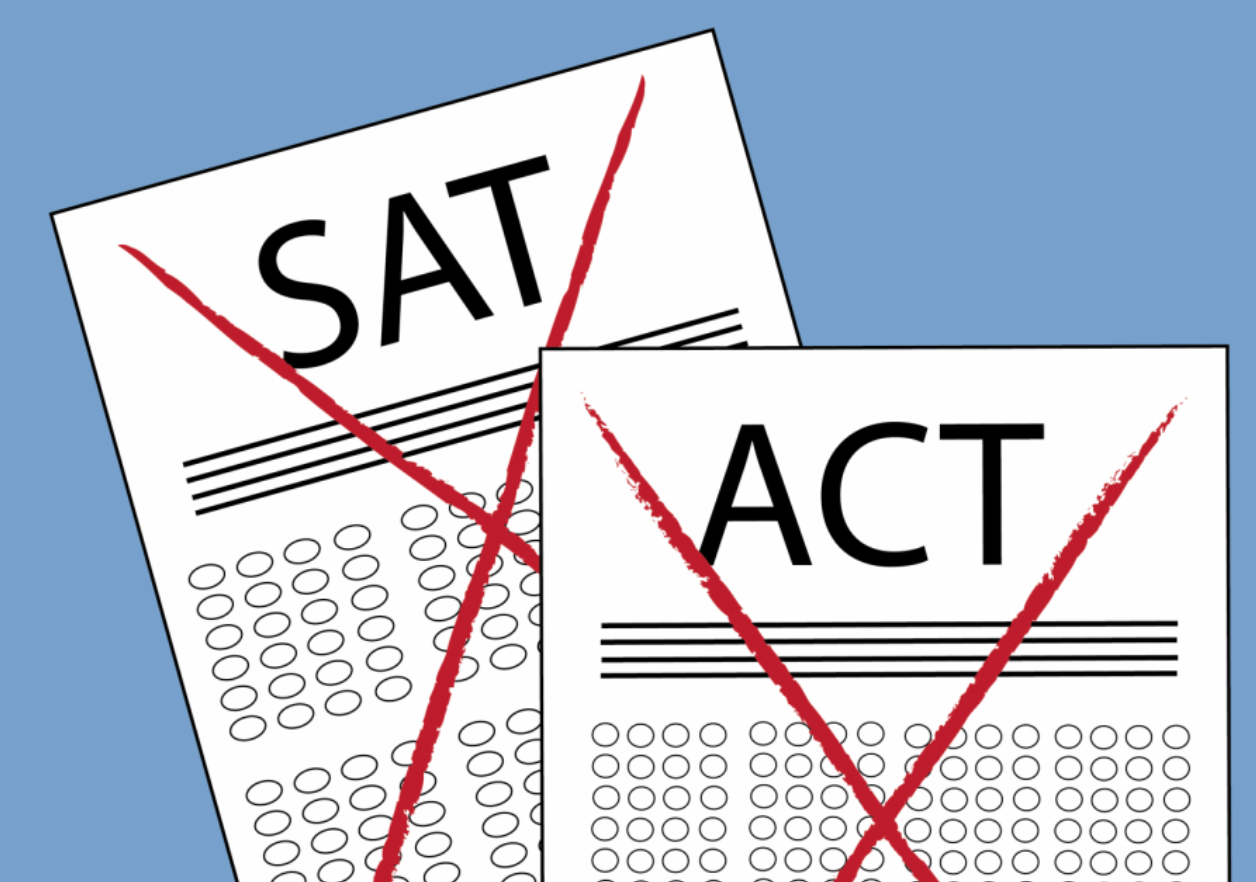Weighing the Pros and Cons of Colleges Going ‘Test Optional’

by Emily Siansky ‘22
The pandemic has changed the way everything is done in society, including college applications. Before Covid-19 struck the world, most colleges required a standardized test score to be submitted. The score from either the SAT or ACT would give admissions a better overall idea of the strengths and weaknesses of the student they were looking at. Last spring, tests started to get canceled for the safety of others, so many students were unable to either take the test in the first place or get the score they wanted. However, in the 2021 college application cycle, many schools opted to be “test optional,” meaning that it is not necessary to submit SAT or ACT scores. Many of the same schools have also extended the test optional feature for the next couple of application cycles. While it is almost always a good thing to have a choice, students will now have to make another stressful decision–submit a score or not.
Advantages of Test-Optional
- Doing well on the SAT or ACT is more or less knowing how to take the test in a proficient way. Each test has certain quirks that make it very hard for students to perform well if they do not know the test in and out. Some students are simply not great test-takers. By eliminating the stress of getting a good score on the SAT/ACT, students can focus more on their schoolwork.
- Without a test score, admissions would have to look at the student in a more holistic approach. What would set that applicant apart from all the others would be their GPA, AP courses, and application essays. This approach would be better for a student who performs super well in the classroom, but cannot quite crack the standardized tests.
- Studying to “crack” the tests is hard enough. Not only can it be super time-consuming on its own, but students also have to do well in school. Though there are free resources online and through one’s high school, more often than not students receive tutoring in some form or another. Private tutoring can cost upwards of $50 an hour, which is quite inequitable for lower-income families. It is recommended to study for at least 10 hours, so students would have to pay a minimum of $500.
(Possible) Disadvantages of Test-Optional
- When colleges decide to be test optional, there tend to be larger applicant pools and particularly at highly selective schools. For example, Yale University saw a 38-percent increase in applications in the fall, and Dartmouth College saw a 29-percent increase of applications. Both of these numbers set all time highs for each school. Because of the larger applicant pool, there also becomes more and more competition between prospective students. Two students with identical applications could have very different outcomes just based on if one were to submit a test score.
- Though being monetarily inequitable, standardized tests do tend to “level the playing field” between students. Every state (and county for that matter) weighs honors and AP classes differently, so there will be a variation in a student’s weighted GPA and how much that actually reflects the rigor of the student’s course load. With students not submitting their scores, it becomes more challenging to judge each student fairly.